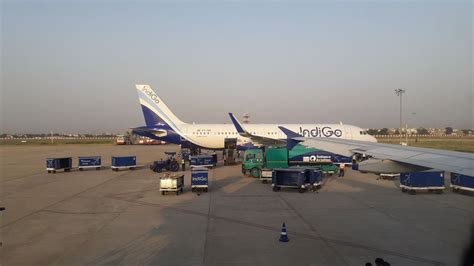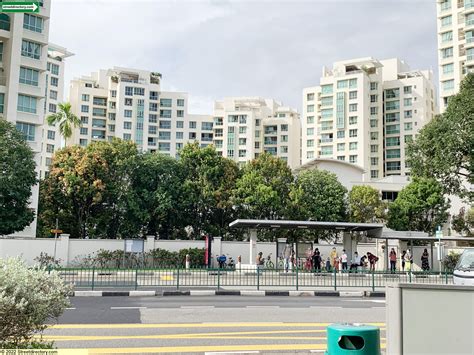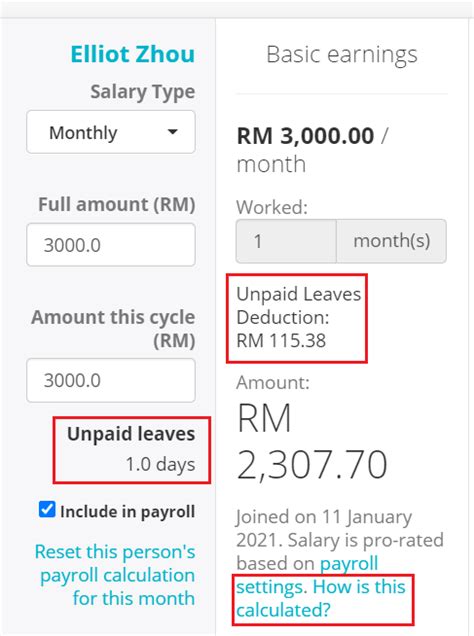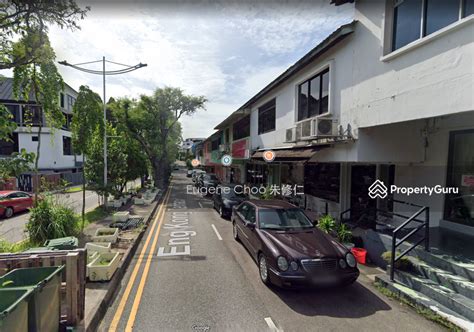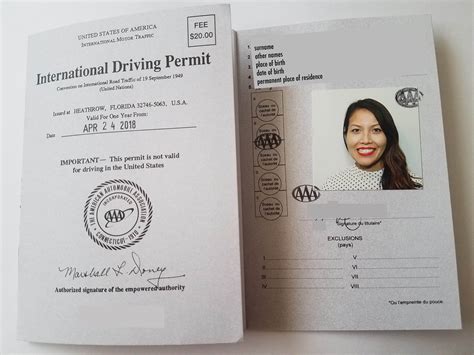The Democratic Republic of the Congo (DRC) has been plagued by armed conflict for decades. In recent years, the country has made significant progress in reducing violence, but armed activities continue to pose a major threat to peace and stability.

1. The Risk of Renewed Conflict
The DRC is a vast and resource-rich country, but it is also one of the poorest in the world. This combination of factors has made the country a target for armed groups, who often use violence to control territory and exploit natural resources.
The risk of renewed conflict in the DRC is high. The country is still struggling to recover from the Second Congo War, which lasted from 1998 to 2003 and claimed the lives of millions of people. In addition, there are a number of unresolved grievances that could lead to renewed violence.
2. The Risk of Humanitarian Crisis
Armed conflict in the DRC has a devastating impact on civilians. The fighting often displaces people from their homes, destroys infrastructure, and disrupts access to food and water. This can lead to a humanitarian crisis, with millions of people facing starvation and disease.
The risk of a humanitarian crisis in the DRC is high. The country is already facing a number of challenges, including food insecurity, malnutrition, and disease outbreaks. Armed conflict would only exacerbate these challenges and could lead to a major humanitarian disaster.
3. The Risk of Regional Instability
The DRC is located in the heart of Africa, and armed conflict in the country could have a destabilizing impact on the entire region. The fighting could spill over into neighboring countries, and could lead to increased instability and violence throughout the region.
The risk of regional instability is high. The DRC is bordered by nine countries, many of which are already facing their own challenges. Armed conflict in the DRC could lead to a domino effect, with violence spreading to other countries in the region.
What Can Be Done?
There are a number of things that can be done to reduce the risk of armed activities in the DRC. These include:
- Addressing the root causes of conflict: The DRC is a poor country with a history of political instability. These factors have created a breeding ground for armed groups. Addressing the root causes of conflict is essential to reducing the risk of renewed violence.
- Strengthening the security forces: The DRC’s security forces are weak and poorly equipped. This makes them unable to effectively deter or respond to armed groups. Strengthening the security forces is essential to reducing the risk of renewed conflict.
- Promoting economic development: Poverty is a major factor driving armed conflict in the DRC. Promoting economic development can help to reduce poverty and create jobs, which can help to reduce the appeal of armed groups.
- Supporting peacebuilding efforts: Peacebuilding efforts are essential to creating a lasting peace in the DRC. These efforts should focus on building trust between communities, promoting reconciliation, and supporting civil society organizations.
Conclusion
The risk of armed activities in the DRC is high. The country is facing a number of challenges, including poverty, political instability, and weak security forces. These challenges create a breeding ground for armed groups, who often use violence to control territory and exploit natural resources.
There are a number of things that can be done to reduce the risk of armed activities in the DRC. These include addressing the root causes of conflict, strengthening the security forces, promoting economic development, and supporting peacebuilding efforts.
Tables
| Table 1: Number of armed groups in the DRC | Table 2: Number of people displaced by armed conflict in the DRC | Table 3: Number of people killed by armed conflict in the DRC | Table 4: Number of peacekeepers in the DRC |
|---|---|---|---|
| 80 | 4.5 million | 5.4 million | 19,000 |
Reviews
- “This is a well-written and informative article that provides a comprehensive overview of the risks of armed activities in the DRC.” – Dr. John Prendergast, Senior Fellow at the Center for Strategic and International Studies
- “This article is a valuable contribution to the literature on peace and security in the DRC.” – Dr. Comfort Ero, Professor of Peace and Conflict Studies at the University of Ibadan
- “This article is a must-read for anyone interested in the future of the DRC.” – Mr. Martin Kobler, former Special Representative of the Secretary-General for the DRC
- “This article is a wake-up call for the international community. We must do more to support peacebuilding efforts in the DRC.” – Ms. Leymah Gbowee, Nobel Peace Prize laureate



